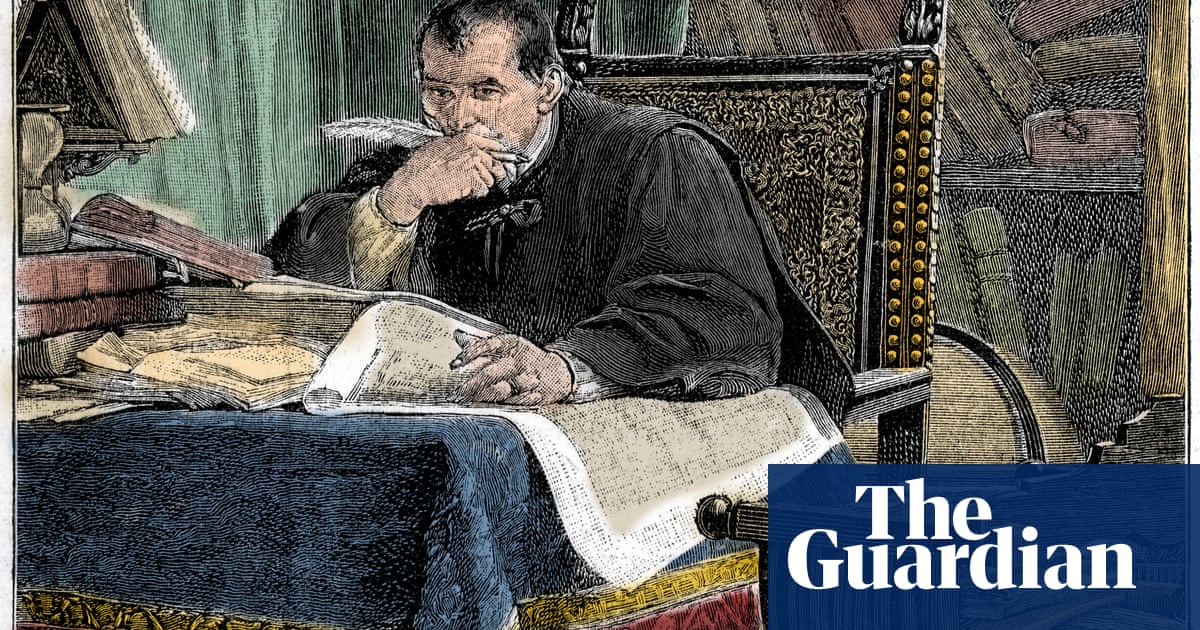Niccolò di Bernardo de Machiavelli was an Italian politician, a philosopher, humanist, and writer of the Renaissance period.
Machiavelli is best known as the father of modern political science. For many years he was a senior official in the Florentine Republic, with responsibilities in diplomatic and military affairs.
The major difference between Machiavelli and the Socratics is Machiavelli's materialism, and therefore his rejection of both a teleological view of nature and of the view that philosophy is higher than politics. With their teleological understanding of things, Socratics argued that desirable things tend to happen by nature as if nature desired them, but Machiavelli claimed that such things happen by blind chance or human action.
Since we find ourselves between his birthday and date of death, we decided to seek a family member and offspring to ask what would Machiavelli make of Trump. The answer was not pretty. He's a real total idiot, 80-year-old Ricardo told #CityImages
Niccolò Machiavelli was born on 3 May 1469 in Florence, Republic of Florence and died on June 21, 1527.
The term Machiavellian connotates political deceit, deviousness, and realpolitik. Many pundits and commentators say that Machiavelli was a Republican type of politician, and his writings gave inspiration to a modern democratic political philosophy.
John Adams admired Machiavelli's rational description of the realities of statecraft. Adams used Machiavelli's works to argue for mixed government.
According to Machiavellianism, the ends always justify the means. It does not matter how cruel, calculating or immoral they may be. Shakespeare’s Macbeth may be a well-known Machiavellian character, but the man whose name inspired the term, Niccolo Machiavelli, didn’t operate by his own cynical rule book. Rather, when Machiavelli wrote The Prince, his shrewd guidelines to power in the 16th century, he was an exiled statesman angling for a post in the Florentine government. It was his hope that a strong sovereign, as outlined in his writing, could return Florence to its former glory.
Machiavelli’s guide to power was revolutionary in that it described how powerful people succeeded as he saw it rather than as one imagined a leader should operate.
Before his exile, Machiavelli had navigated the volatile political environment of 16th-century Italy as a statesman. There were constant power struggles at the time between the city-states of Italy, the Holy Roman Empire, France, and Spain.
He was quoted as saying... "It is better to be feared than loved if you cannot be both.
"Men judge generally more by the eye than by the hand, for everyone can see and few can feel. Everyone sees what you appear to be, few really know what you are."
"The first method for estimating the intelligence of a ruler is to look at the men he has around him." - Niccolò Machiavelli
